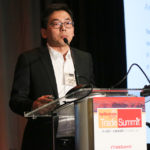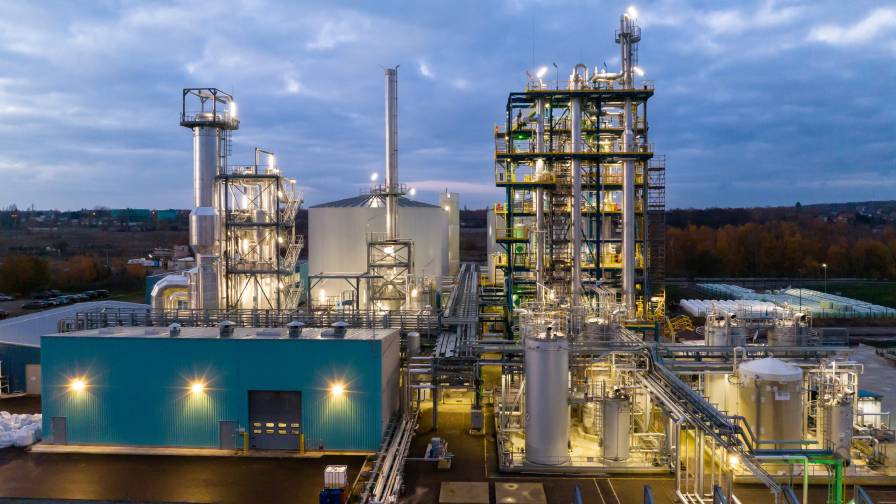AgriBusiness Global Trade Summit Returns to Southeast Asia
Last year AgriBusiness Global™ magazine hosted its third Trade Summit Southeast Asia in Jakarta, Indonesia. More than 400 delegates — from Belgium, China, Egypt, Ghana, Malaysia, Pakistan, Thailand, United Kingdom, United States, The Netherlands, and more — attended the event. In addition, 40 exhibitors displayed on site. This year’s event returns to the city, though at a new site, The Westin Jakarta, 4-5 December.
In addition to giving buyers and sellers of crop inputs an opportunity to meet and make deals, there will be several educational sessions offering insights on Indonesia, the region, and the impact of key issues influencing the market around the world.
Here are a few highlights:
Joko Suwondo, Chairman of Indonesia CropCare Association and President Director of PT Rabana Agro Resources, will provide an overview of his organization and insights into the Indonesian crop input market. That will be followed by a presentation from a university researcher investigating biological products on the production of plantation and specialty crops. The researcher will share the latest findings and discuss the impact these products can have on crop protection in Indonesia.
The growing biostimulant segment has been of particular interest for buyers and sellers in southeast Asia.

Dr. Piyatida “Tung” Pukclai
Joachim Nachmansohn on Day 1 will present “The Link Between Biological and Traditional Products.” With traditional chemistries being scrutinized, the future of crop protection will be based on a combination of traditional and biological crop protection products. Utilizing the best from two worlds in an integrated approach will achieve both the highest production and environmental goals, and delegates will learn about case studies specific to the Southeast Asian market using biologicals and traditional chemistries.
Dr. Piyatida “Tung” Pukclai, who spoke at last year’s Trade Summit, will once again provide an update on the Southeast Asia and Indonesian regulatory markets and exploit ways to improve the regulatory systems to stay competitive in the international marketplace, improve trade, and protect their populations and the environment against poor quality and highly hazardous pesticides.

Dr. Wayne Tan, CAC Group China
Day 2’s sessions begin with an update on China.
The country’s environmental protection inspections have led to hundreds of arrests and millions of dollars in fines. The expectation is that the government will redouble its efforts, making it more difficult for chemical companies in general and manufacturers of crop protection products in particular. Dr. Wayne Tan, CAC Group China, will update delegates on this ongoing situation in China and explain what to expect from your Chinese sourcing partners in 2019.
C S Liew, Managing Director Pacific Agriscience Pte Ltd, will provide an overview of the sourcing situation in India. Agrichemical suppliers in India are gearing up to take the lead as China works through its supply

C S Liew is Managing Director of Pacific Agriscience, Singapore
disruption. Indian companies are looking to backward integration, raw material manufacturing, and cutting-edge formulation technology to advance their supply presence and expertise. This session will offer the latest intelligence on Indian suppliers and which ones are advancing to become full-solution providers.
The last session takes a look at the effect of technology on the region.
Smart farming, digital farming, and precision agriculture are being integrated at various levels of the food production and distribution chain. New technology, from drones to robotic harvesting, will have a significant impact on crop input practices, labor, and business modeling. This session, led by AgriBusiness Global, will provide insight on what will have the most significant impact in Southeast Asia. •






